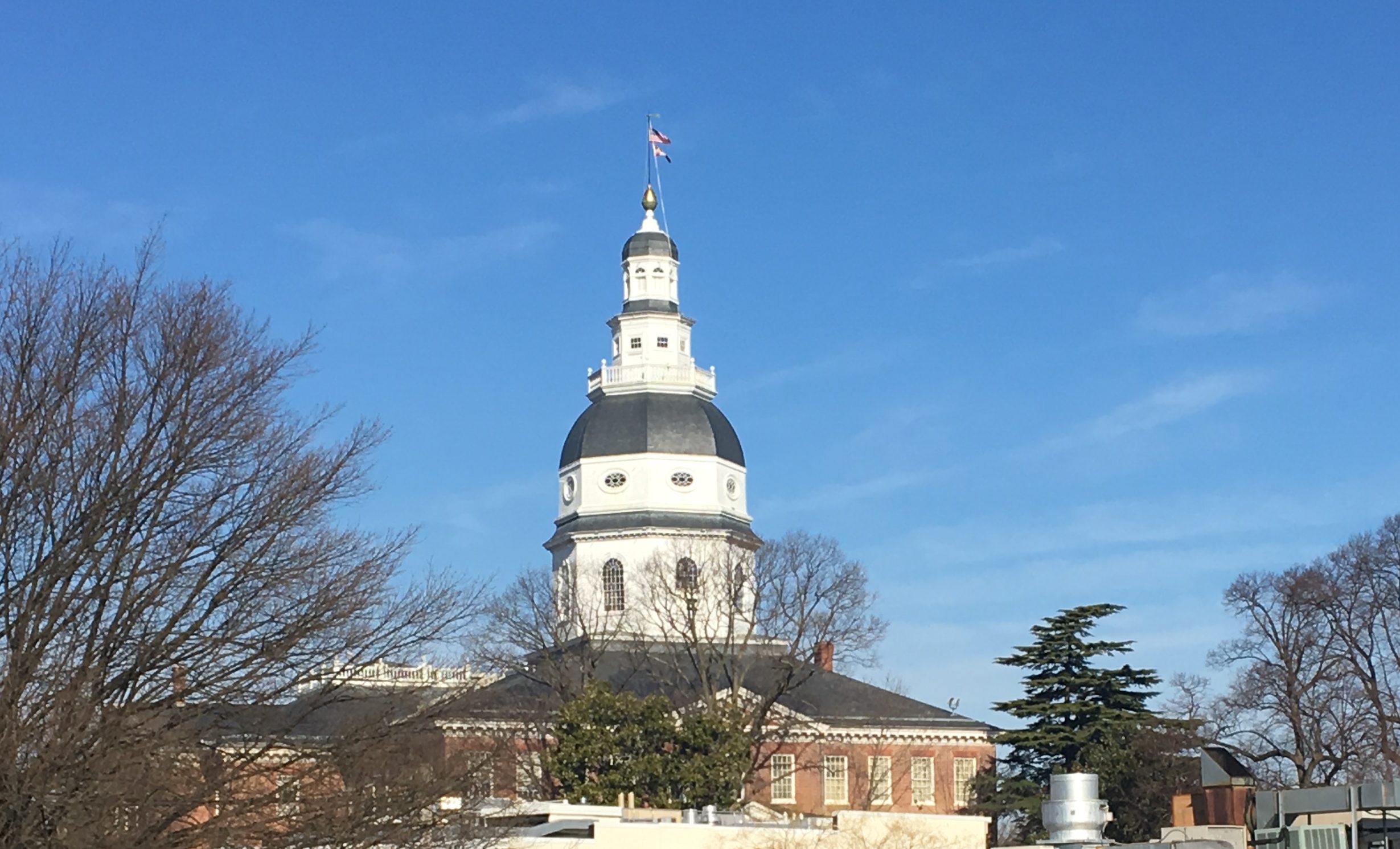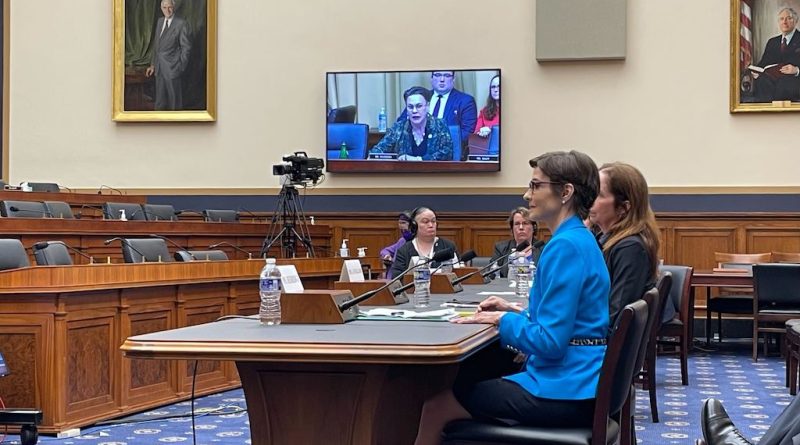Pressing for shield law, former CBS reporter Herridge calls seizure of files ‘journalistic rape’
WASHINGTON – Pushing for a federal shield law for reporters, veteran investigative journalist Catherine Herridge opened up Thursday during a House hearing about the seizure of her reporting files after her recent termination from CBS.
Speaking publicly for the first time about being let go by the network, Herridge equated the seizure of her files as “journalistic rape.”
“When the network of Walter Cronkite seizes your reporting files, including confidential source information, that is an attack on investigative journalism,” Herridge told the House Judiciary Committee’s Constitution and limited government subcommittee.
She and three other witnesses supported the passage of a shield law called the PRESS Act, citing its importance for journalists and their sources.
“Testimonial protections for journalists ensure the flow of information from source to journalist, allowing reporters to honor those assurances,” said Nadine Farid Johnson, policy director at the Knight First Amendment Institute at Columbia University. “Such protections are essential to core First Amendment values.”
SAG-AFTRA’s News & Broadcast Department Chief Broadcast Officer Mary Cavallaro warned that any form of government control over journalists “could chill the instinct of potential sources to come forward and tell their stories to journalists, depriving the American people of critical information and the ability to hold those in power publicly accountable.”
“In decades of reporting nationally at CNN, CBS, PBS and for the last nine years on my TV show, ‘Full Measure,’ countless news stories that I broke or facets of them could not have been reported without sources whose identities needed to be protected,” television journalist Sharyl Attkisson testified.
In January, the House unanimously passed the Protect Reporters from Exploitative State Spying Act, known as the PRESS Act.
“No longer will reporters have to worry that under a future repressive administration federal law enforcement agencies might secretly subpoena their emails and phone records even though journalists depend on confidentiality to keep the American public informed,” Rep. Jamie Raskin, D-Maryland, said in a statement. Raskin introduced the bill with Rep. Kevin Kiley, R-California.
The Senate so far has not taken up the bill, but Senate Majority Leader Chuck Schumer, D-New York, has signaled he hopes to bring it to the floor for a vote.
“Yes, I am hopeful (that it will pass this year,)” Schumer told the New York Post.
The bill aims to protect “from disclosure any information identifying a source, as well as any records, contents of a communication, documents or information obtained or created by journalists in the course of their work.”
“There is no more important hearing than this… this is of critical importance. And you know what, this is why we gotta pass the PRESS shield act,” said Judiciary Committee Chairman Jim Jordan, R-Ohio.
Although Democratic committee members expressed concerns over the motivation for the hearing, members of both parties claimed to be in agreement about the need for the law.
“There’s actually a lot that we agree on, and press freedoms and the PRESS Act is something that we were able to all come together on, and that’s where our attention should be,” said Rep. Becca Balint, D-Vermont.
Some committee members, including the panel’s ranking Democrat, New York Rep. Jerrold Nadler, said they saw Herridge’s termination and CBS’s subsequent actions as more of a employment dispute, expressing reservations about congressional involvement between reporters and their news organizations.
Herridge was terminated alongside 19 other CBS news staffers in February during a larger layoff of 800 employees at Paramount Global, CBS’s parent company.
The reporter’s termination came shortly after Special Counsel Robert Hur’s investigative report into President Joe Biden’s handling of classified information, released in early February.
Herridge reported on Hunter Biden’s laptop controversy.
“I think the imperative is to get the PRESS Act through the Senate and on the president’s desk,” Herridge said. “It’s gonna close a gap in the federal courts, it’s gonna bring consistency between the state shield and the federal shield laws and I just think a lot of good will follow from that.”

Capital News Service is a student-powered news organization run by the University of Maryland Philip Merrill College of Journalism. With bureaus in Annapolis and Washington run by professional journalists with decades of experience, they deliver news in multiple formats via partner news organizations and a destination Website.

